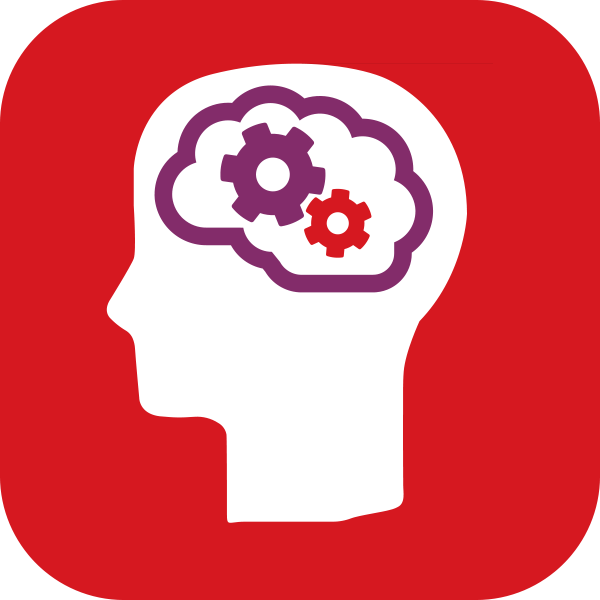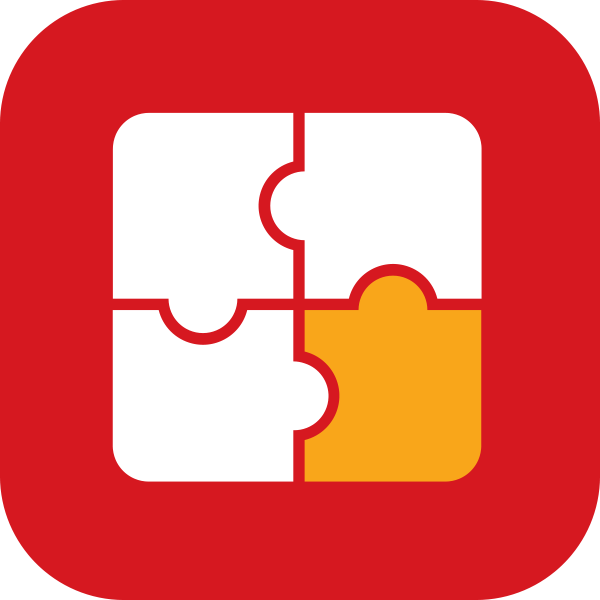“ ”
Gaining an insight
The school’s guiding principle is the belief that children need to be happy in order to learn successfully. The school decided to introduce GL Education’s Pupil Attitudes to Self and School (PASS), a robust survey that measures students’ attitudes towards themselves as learners and their school. It helps teachers drill down into any negative mind-sets that may not be obvious in the classroom.
Rosemary explains: “Children suffering from poor attitudes to their learning can be very good at hiding any issues, and we didn’t want to miss anything. PASS allows us to take a forensic approach into what children are thinking.”
In January, the school screened Years 2 to 6 across nine factors proven to be linked to key educational goals, such as feelings about school, self-regard and confidence in learning. This led to a target group of 56 children being identified, who were at risk of low attainment due to their negative attitudes towards themselves and school.
Rosemary goes on: “The results were surprising, as the ‘at risk’ list included children we really didn’t expect. In fact, when we put together a photo gallery of these children, one senior leadership team member expressed surprise that a particular girl was on there as she seemed bubbly and confident in lessons. Yet she didn’t ever do as well at tests as we expected, so it was important to delve further and explore why that might be.”
Getting ready to learn
The school were interested to note that the lowest PASS factor for them in Key Stage 1 was ‘learner self-worth’, and in Key Stage 2 was ‘preparedness for learning.’
“We could perhaps have guessed that ‘preparedness for learning’ would be low,” Rosemary comments, “as it’s an issue across UAE. Many children here have a nanny and so are perhaps less used to taking responsibility for themselves at home. This then translates into them feeling unprepared at school without that one-to-one support. However, seeing it written down quantifies the issue and helps us find ways to build these skills at school.”
Armed with this information, various programmes of intervention were introduced, using a combination of nationally-proven strategies from the PASS intervention tool and teachers’ professional experience.
Rosemary explains: “We quickly put in place straightforward but targeted support, such as carefully rephrasing questions to help children get the right answers and promoting opportunities to practise and improve interpersonal skills.”
“ ”
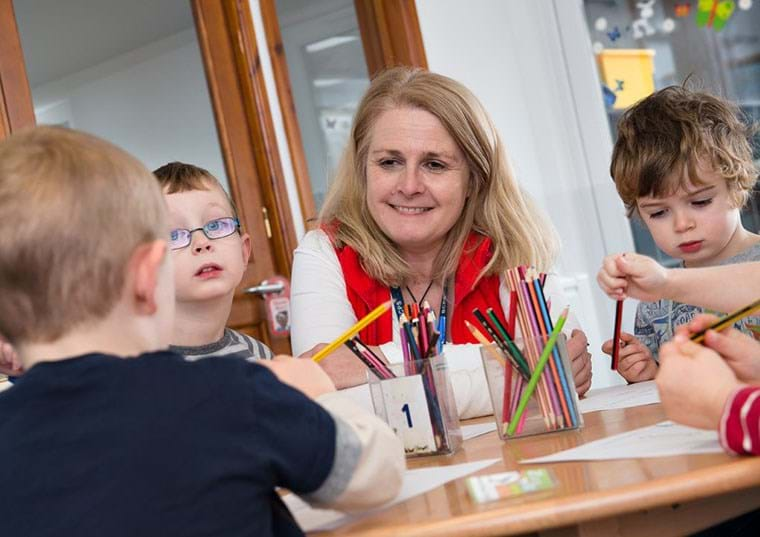
“ ”
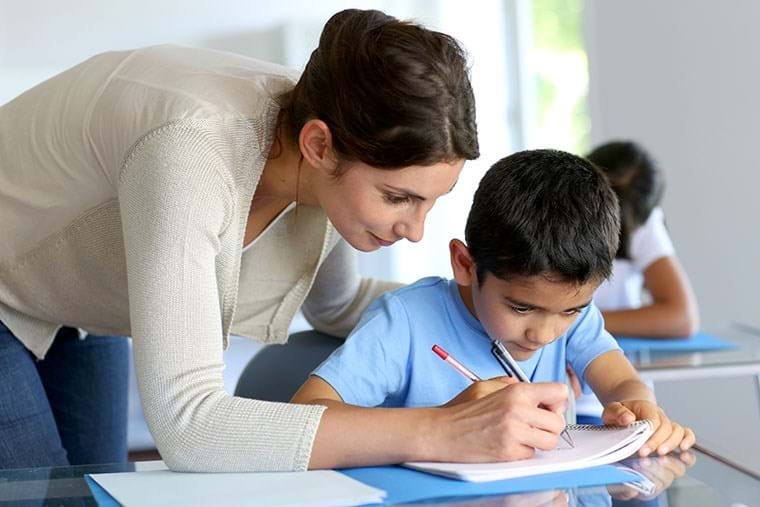
33% improvement
Teachers annotated the strategies used and the school then re-assessed these children four months later to see what had changed. They were delighted with the results.
“We have achieved a 33% improvement across the target group, which placed all but three children into the top percentile for high satisfaction with their school experience,” Rosemary explains. “We have also seen a huge change in specific children. For example, one Arabic boy in Year 3 had achieved an 80% improvement across the nine factors. His confidence in himself as a learner had been extremely low, but with targeted encouragement and partner work focusing on how other children achieve, he was able to take those risks and experience success. His teacher couldn’t believe it was the same child!
In Year 6, we saw a tremendous difference in an SEND child who we’d discovered had previously had a very negative attitude to school. Teachers had been able to use strategies to explain to him how a school ran and what a teacher’s responsibilities were. This helped him understand why certain things had to be by democratic process, and improved his feelings towards school.
When it came to building the self-worth of the younger children, we found that the most effective strategy was reinforcing regular verbal and written feedback, including activities that promote positive self-reflection and ensuring that the students associate effort with success.
The icing on the cake has been rising to the top of the GEMS schools ‘Happiness/Student Satisfaction’ index in a survey across our company’s schools in the UAE.”
360 degree view
The school is now well-placed to gain a holistic picture of their pupils.
The Knowledge and Human Development Authority (KHDA) in UAE mandates that schools must assess all students from Year 5 with GL Education’s Cognitive Abilities Test (CAT4) to help schools understand their pupils’ potential for academic attainment, and GEMS Wellington Primary additionally uses GL Education’s Progress Test Series to assess skills in English, maths and science.
Rosemary explains: “With the Progress Test Series, we can quickly glean information regarding what has and hasn’t been covered well. We can look across cohorts and see that they are not yet secure with place values of hundreds, tens and units for example, or that boys are out-performing girls which we saw happening in maths in Years 2 and 3. Then we can design appropriate provision, be this beginning girls only maths classes, re-teaching certain topics or organising professional development for staff.
CAT4 helps us understand our pupils’ learning dispositions and adding PASS to the mix means no stone goes unturned. It has been a great experience for us. All schools should be looking at the whole child pastorally to ensure they are able to reach their potential.”
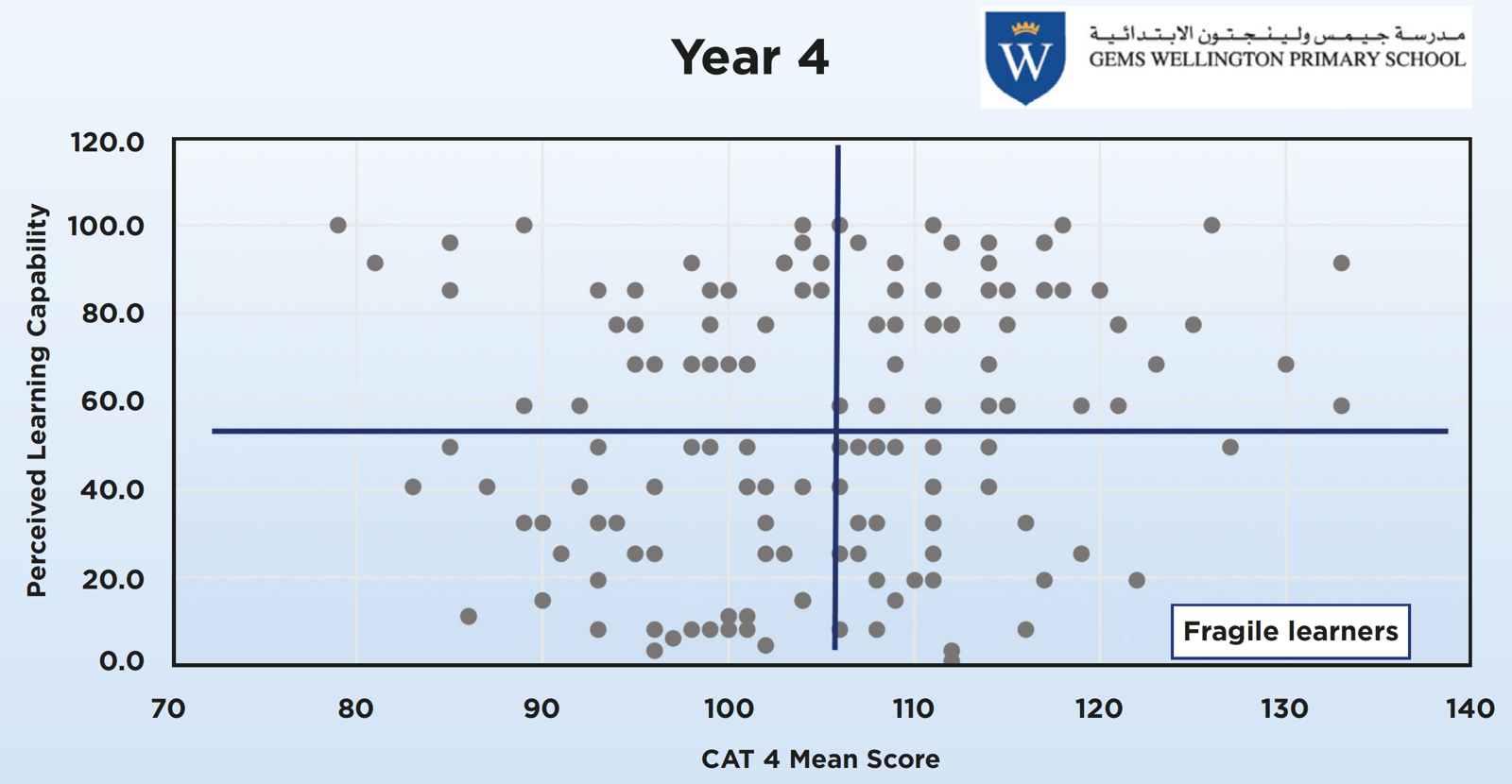
Graph of fragile learners in Year 4 – bottom right hand quadrant are the fragile learners with risk of low achievement.

